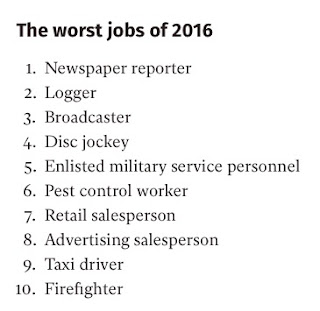Lord Black, speaking at the Commonwealth Journalists' Association conference: “The newspaper industry in my country is vigorously and robustly opposed to this system of state-backed regulation, which we believe is an unacceptable incursion into press freedom. And not one newspaper has agreed to sign up to it. For us, it has brought shame on a country that many journalists elsewhere in the world struggling against censorship and intimidation had been accustomed to regarding as a beacon of free speech."
The Daily Mail investigation into would be press regulator Impress: "This is the story of how a well-connected Left-wing activist financed by a vengeful millionaire tycoon came to be on the verge of triggering the most punitive anti-Press laws enforced outside a dictatorship."
John Whittingdale in the House of Commons, as reported by the BBC: "Having had my faith perhaps tested to the utmost I still believe that press freedom is a vitally important component of a free society and we should tread very carefully."
John Whittingdale in the House of Commons, as reported by the BBC: "Having had my faith perhaps tested to the utmost I still believe that press freedom is a vitally important component of a free society and we should tread very carefully."
Bob Satchel, executive director of the Society of Editors, in a letter to the Guardian: "If the press is to be truly free it should be free with neither carrot nor stick, to join or not join the royal charter system, join or not join the new Independent Press Standards Organisation or not to join any system at all – as the Guardian so chooses."
Lord Justice Jackson during the Court of Appeal judgment in favour of the Sun on Sunday in the celebrity threesome privacy case: "Whether or not the court grants the injunction, it is inevitable that the two children will in due course learn about these matters. Much of the harm which the injunction was intended to prevent has already occurred."
Desmond Browne, QC for the star, quoted in the Daily Mail: "The judgment may be treated as the death of the celebrity privacy".
Patrick Cockburn in The Independent: "Reporting wars has become much more dangerous now than it was half a century ago. The first armed conflict I wrote about was in Belfast in the early 1970s, when I used to joke that newly formed paramilitary groups appointed a press officer even before they bought a gun. In the first years of the Lebanese Civil War after 1975, the different militias used to hand journalists formal letters telling their checkpoints to allow free passage. There were so many militias that I was afraid of mixing up the letters, which looked rather alike, and used to keep those from left-wing groups tucked into my left sock and those from right-wing groups into the right one."
Kevin Rawlinson in the Guardian: "Those working in newsrooms talk of dubious stories being tolerated because, in the words of one, some senior editors think 'a click is a click, regardless of the merit of a story'. And, if the story does turn out to be false, it’s simply a chance for another bite at the cherry."
Letter to the Guardian from reader Andrew Anderson protesting at the paper's cover price rise: "Why am I being asked to increase my subsidy for your free online version?"
Independent local newspaper publisher Chris Bullivant in a letter criticising the Government for inaction over the Trinity Mirror-Local World takeover, published by Press Gazette: "For an example of the stultifying effect of daily newspaper monopoly in England one needs look no further than Rotherham. If true newspaper competition were operational there the attacks on 1500 young women would not have gone unreported for so long. I believe, by accident or design, an opportunity to break into the regional monopolies existent in all of the cities of England has been thwarted by Government inaction either directly or via the quangos that sometimes 'front' Government decisions."
From the Independent: "Being a newspaper reporter has been ranked the worst job for the third year in a row. Jobs in the media were seen as precarious because the loss of media organisations as a result of the decline in advertising revenue."
















